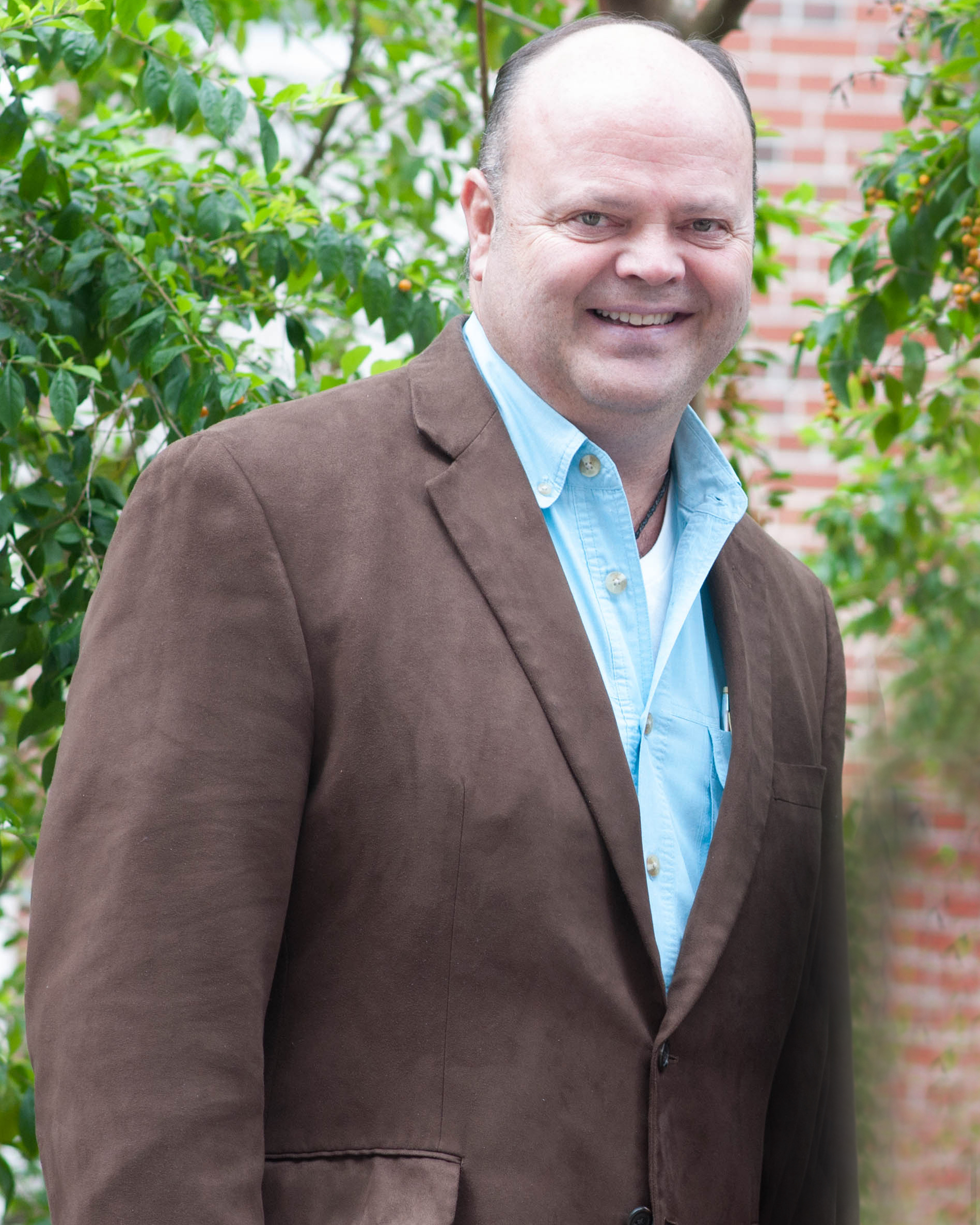
Dr. Randall Cantrell
Education:
- Ph.D. University of Washington: Seattle, WA (emphases in Marketing Research and Engineered Wood Products), College of the Environment
- M.S. Illinois State University: Normal, IL (emphases in Applied Economics and Community Development), College of Arts and Sciences
- B.S. University of Central Florida: Orlando, FL (emphases in Industrial Engineering and Pre-Medicine), College of Arts and Sciences
BIOGRAPHY
Dr. Cantrell is a researcher and educator whose broad goal is to demonstrate the importance of linkages between the family, home, and community.
He does so by focusing on
1) how homeowners make home-upgrade decisions (view the Decision-Ade™ video),
2) building capacity within communities so they can function more effectively, and
3) adapting homes for aging-in-place.
His diversified background enables him to approach issues from perspectives of engineering, teaching, economics, community development, marketing research, and housing research.
He has extensive industry experience working on government contracts funded by the U.S. Departments of Housing and Urban Development, Energy, and Agriculture to improve housing and building products.
Dr. Cantrell is a Returned Peace Corps Volunteer who taught high-school mathematics in the French Language to students in Niger, West Africa. His secondary project while serving in the Peace Corps was that of a well driller and instructor.
RESEARCH INTERESTS
My research examines the effects of homeowners’ financial residential decisions. Household finances are based on trade-offs; every choice made regarding them will likely have cascading effects. This led to my role as co-developer of Decision-Ade™, which has enabled my research to evolve by studying variation in almost any type of cross-disciplinary issue addressing homeowner financial decision-making. Homeowners understanding the importance of saving for routine maintenance and repairs are better prepared to cope with unforeseen circumstances or economic “shocks.” My versatility allows me to participate on interdisciplinary teams, one of which examines why households conduct upgrades—especially those in which older occupant(s) reside. We know the vast majority of these residential remodels are conducted so a family member(s) can continue living in the residence safely and comfortably rather than relocating to an assisted living facility. However, I have and continue to conduct international research inspired by my early career as a Peace Corps Volunteer in Niger, West Africa. I was awarded a research grant to return there recently to study youth migrating from their villages to the capital to earn money to send back to their family. This led to my recruiting a master’s graduate from Niger to currently conduct doctoral research here with me regarding how youth in Niger learn innovative sustainable agricultural methods from village elders. All my research is disseminated in some manner, mostly by developing curricula for county extension agents to use in teaching local audiences. I first teach these agents how to use my bilingual, grant-funded curricula and support them in their teaching efforts. There are many options for them to choose, or sometimes I support them by augmenting the programs they are using by enhancing them with data insights from tools such as Decision-Ade™ so they can periodically re-evaluate their direction based on data typically inaccessible to them via descriptive statistics. Thus, whether agents are using programs developed to help others learn about buying a home, home maintenance, energy upgrades, etc., I support them with the insights from my data-driven statistical tools and my most up-to-date research findings. Further, I can produce custom data reports for them (on-demand) to offer supervisors, clients, etc. because I have paid, with grant support, to have these custom coded based on their needs. I currently am working with UF’s College of Health Sciences to develop a series of web-based videos that will contain information for extension agents to use on Aging-in-Place (AiP) programming efforts (see, for example, how as part of the Dissemination Phase of one of my previous research projects, I oversaw the development of this AiP video: https://vimeo.com/594423299/650ddf3d8c). Further, the City of Gainesville has approached me, with funding support from UF/IFAS, to assist in updating its Emergency Management Plan by adapting a version of the program I co-led in the development of: Making It On Your Own (i.e., Adulting 101).
His research concentrates on
- Innovation
- Community Development and Leadership
- Housing and Decision-Making

